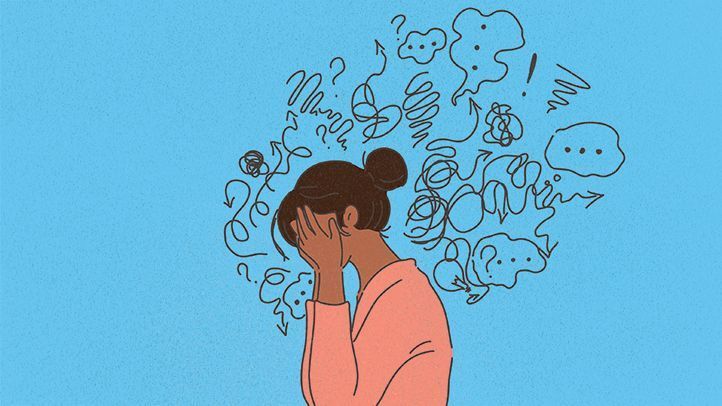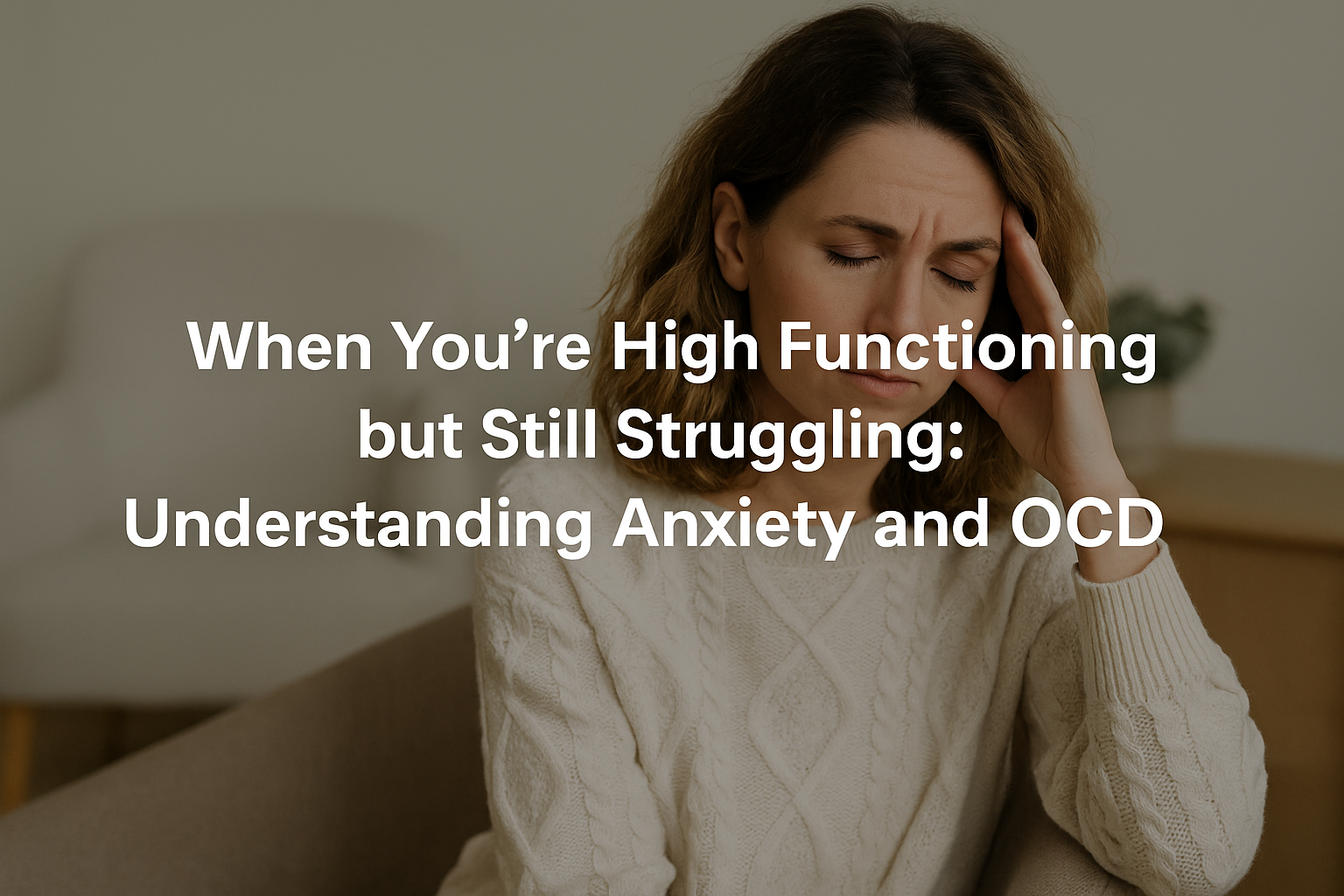The Secret Behind Overcoming Anxiety

"Anxiety doesn't empty tomorrow of its sorrows, but only empties today of its strength." - Charles Spurgeon
If you’ve been struggling with anxiety, you’re not alone. Whether it’s a racing heart, constant worry, or a general sense of unease, anxiety can feel overwhelming. But here’s the secret to overcoming anxiety that most people don’t talk about: you have to get comfortable with being uncomfortable.
Yes, this may sound challenging, but learning how to face discomfort head-on can significantly reduce anxiety’s grip on your life. Pair this mindset shift with strategies that retrain the way you think, and you’ll be on the path to regaining control.
Below, we’ll explore effective coping strategies, practical tools, and professional advice to better handle anxiety.
Proven Coping Strategies for Anxiety
Overcoming anxiety takes effort, patience, and consistency. Here are some tools proven to help you manage it effectively:
1. Deep Breathing
Anxiety often triggers shallow, rapid breathing, which can worsen feelings of stress. Try practicing deep breathing exercises to calm your nervous system.
- How it works: Breathe in slowly through your nose for 4 seconds, hold for 4 seconds, and exhale through your mouth for 6 seconds. Repeat this for a few minutes.
- Why it helps: Deep breathing slows your heart rate and signals your body to enter a state of relaxation.
2. Mindfulness Meditation
Mindfulness is the practice of staying present in the moment.
- How to start: Dedicate 5-10 minutes a day to sitting quietly and focusing on your breath or sensory experiences.
- Benefits: Grounding yourself in the present diminishes the power of anxious, future-focused thoughts.
3. Cognitive Reframing
Cognitive reframing is about changing negative thought patterns into more constructive ones.
- Example: Instead of thinking, “I’ll fail at this presentation,” reframe it as, “I’ve prepared well, and I can handle whatever happens.”
- Why it works: It trains your brain to think more positively, reducing exaggerated fears.
4. Distraction Techniques
Sometimes, the best way to deal with anxiety is to focus your energy elsewhere.
- What to try: Read a book, listen to music, exercise, or work on a creative hobby.
- How it helps: Distractions can break the cycle of racing thoughts and give your mind a chance to reset.
5. Retraining Your Thinking
Anxiety thrives on “what-if” scenarios and catastrophic thinking.
- How to retrain: Practice journaling anxious thoughts and rationally questioning their validity.
- The result: Over time, this can weaken anxiety’s influence and help you challenge its irrational nature.
The Role of Professional Guidance
While self-help strategies are effective, sometimes it’s useful to consult with a therapist or counselor for personalized support.
- Therapy Haven and Consulting LLC specializes in helping individuals struggling with anxiety by offering tailored plans that focus on emotional regulation and thought re-training.
- Therapists often use evidence-based approaches like Cognitive Behavioral Therapy (CBT) to help identify and modify the root causes of anxiety.
Remember, progress takes time, and regular practice of these techniques will lead to noticeable improvements over time.
The Core Secret to Overcoming Anxiety
At its heart, conquering anxiety isn’t about eliminating discomfort altogether. It’s about getting comfortable with being uncomfortable.
Here’s what this means:
- Accept the presence of anxiety rather than fighting or fearing it.
- Gradually put yourself in situations that feel uncomfortable but are ultimately safe. This is known as exposure therapy.
- Recognize that you can function—even when anxiety is present.
By facing that discomfort, you build resilience and reduce anxiety’s ability to control your life.
A Final Note
Overcoming anxiety is a personal and unique journey, but these strategies are a good starting point. Remember: you’re stronger than you think, and change is entirely possible with patience and persistence.
Disclaimer: This is not medical advice and is for educational purposes only. Always consult with a medical professional for a diagnosis or if your symptoms interfere with your daily life.


